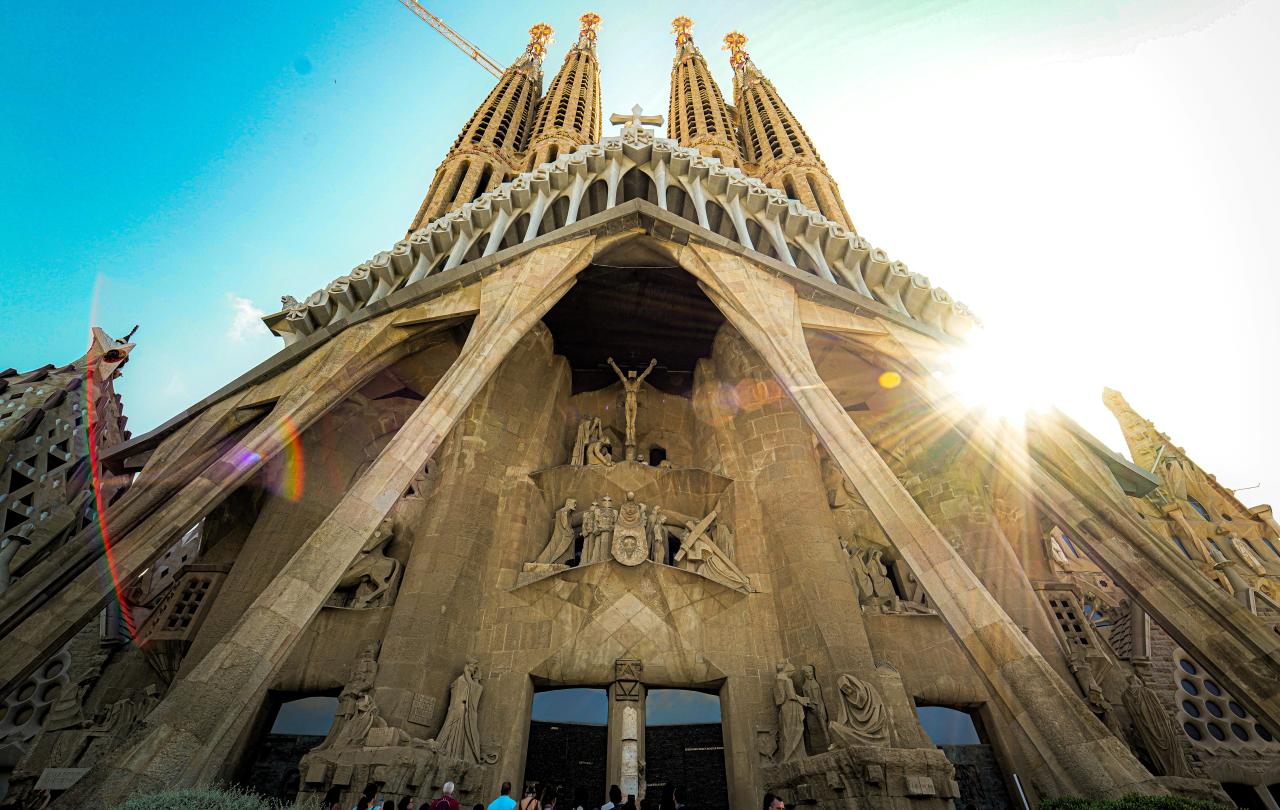
The season of Lent – the 40 days of penitential fasting preceding the great feast of Easter – is unavoidably about death and dying. Christians try to die to sin; the season culminates with the brutal, if salvific, death of the Christ on the cross on Good Friday and it’s said that if we, as disciples, can’t die with him at Calvary, then we can’t truly know what it is to rise with him at Easter dawn.
Those of us who attend an “ashing” service at church this Ash Wednesday, will have a cross traced on our foreheads by a priest, made from the ashes of the palm crosses from last year’s Palm Sunday, with the words: “Remember that dust thou art and unto dust thou shalt return.”
Reprising folk goddess Joni Mitchell, we’re thus reminded that we are but stardust and these bodies that we lug about are all bound towards that destination. In short, we’re all going to die.
So as signs of new spring life are appearing all around, the Christian Church starts to wallow in existential misery. To paraphrase the lugubrious Mona Lott (geddit?) from the wartime BBC comedy It’s that Man Again, it’s being so cheerful that keeps we Christians going.
Against this, I’d like to mount a case that there really are reasons to be cheerful in Lent; that, if the words of the ancient Gregorian chant that “in the midst of life we are in death” are true, then the reverse is also true, that in the midst of death we’re living life.
Dead, but alive again. Lost, but found. These are the qualities that ameliorate the dark mortality of Lent.
This thought comes to me partly because of the extraordinary reconciliation and peace that families often experience as they lose one of their loved number. And it comes partly having just watched a livestream of the Royal Ballet’s latest production of Manon. Our heroine dies in a New Orleans penal colony, having been exiled as a prostitute from bourgeois Paris, sustained at the end not by worldly wealth but only by the devotion of her lover.
It’s quite a story – catch it if you can. It contains the key tenet of faith during Lent, that love conquers death. Having embraced our Lenten mortality, that’s the truth we endeavour to embrace at Easter. And that, for me, begins to put the love back into Lent, which is otherwise bleak and bitter, like the sour wine offered to the dying Christ.
My case is that it takes our mortality to clock what’s really important. And we witness that human realisation all the time. I believe we’ve just seen it in Prince Harry’s transatlantic flight to visit the King on his cancer diagnosis. King Charles becomes simply a dad again when his son is presented with the reality and realisation of his mortality, that sooner or later he is going to die.
As it turns out, that reality turns out to be infinitely more important than whether he got a smaller bedroom than his big brother when they were boys (copyright Spare, Bantam Press).
It’s stories like these – from Manon to the soap opera of the modern royals – that put human mortality into bas relief, so that we can see it properly. But it’s particularly Harry’s mercy mission to his father that chimes, for me, with a gospel story, or parable as we call them.
It’s not one that’s about kings or weddings – or even principally about death and dying. I’m thinking of the Parable of the Prodigal Son. Plot synopsis: A landowner has two sons. The younger one asks to cash in his inheritance and travels away to a foreign land, where he spends all he has on a debauched lifestyle (cf. the Paris from which Manon “escapes”) and is reduced to tending pigs and coveting their swill. He returns humbled to the family estate, where his father welcomes him with a feast, much to the consternation of his brother.
Sound familiar? Sure, Charles isn’t God, as we assume the forgiving father to be in the parable. Nor is Harry asking to return, humbled and repentant (though we don’t know that, do we?). Nor has he been reduced to a diet of pigswill, unless California and Netflix contracts count as that.
Possibly more accurately cast is Prince William as the elder brother, who in the parable objects to his sibling’s welcome back, pointing out that he’s done all his father’s work without such reward.
Here, for our Lenten purposes, the father’s reply is key: “My son, you are always with me, and everything I have is yours. But we had to celebrate and be glad, because this brother of yours was dead and is alive again; he was lost and is found.”
Dead, but alive again. Lost, but found. These are the qualities that ameliorate the dark mortality of Lent. For royals, commoners, the trafficked, the desperate and alone, it delivers the one thing that death can’t extinguish: Hope.





